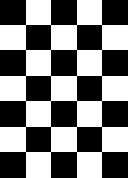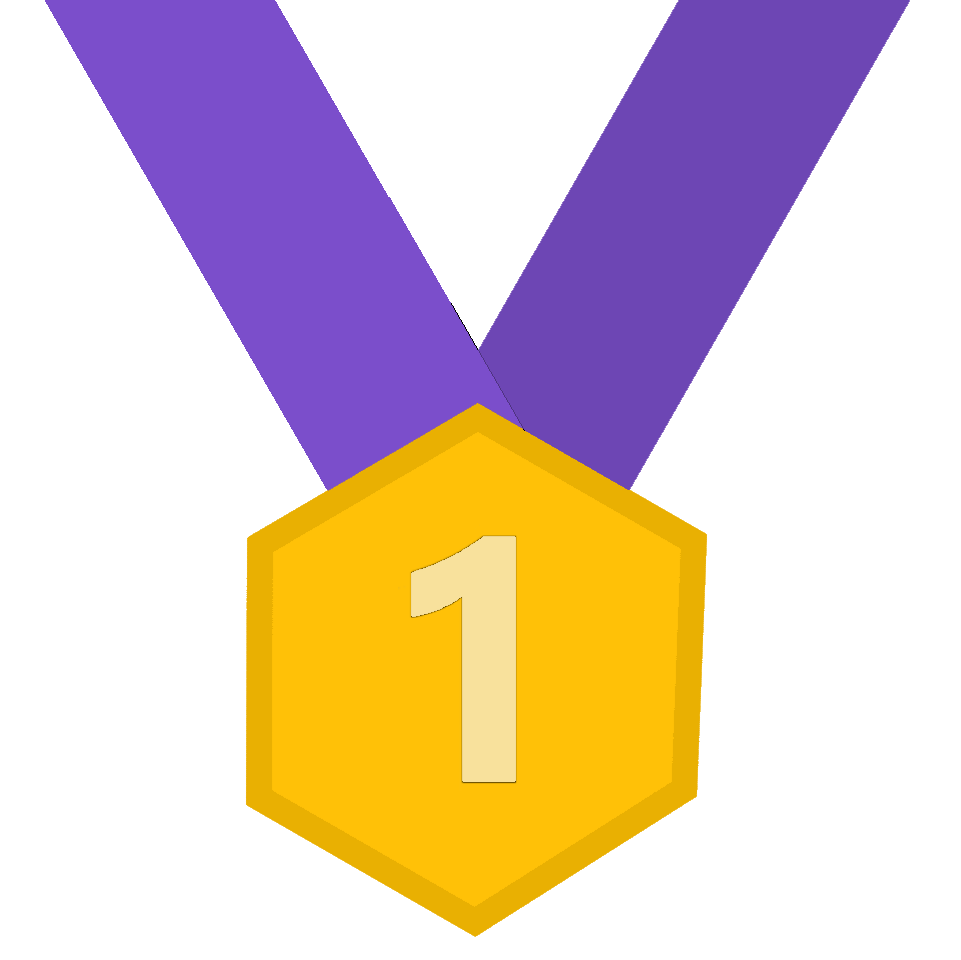
Enlightened absolutists monarchs
Frederick the great of Prussia: tried to help the people. Increased freedoms of press and speech to weaken the nobility and strengthen his power.
Neoclassicism
In the later 1700s, the nature and subject of art shifted from state and religious themes to themes that appealed to bourgeoisie society
Thomas Hobbes
There is no morality in the state of nature. You need government to order the chaos of nature
Mary Wollstonecraft
English writer and early feminist who denied male supremacy and advocated equal education for women
Adam Smith, The Wealth of Nations
Attacked mercantilist economics. Promoted laissez-faire, free-market economy, and supply-and-demand economics.
Social Contract
A voluntary agreement among individuals to secure their rights and welfare by creating a government and abiding by its rules.
Enlightenment views of religion
Overall, religion was increasingly viewed as a matter of private, rather than public concern. Structures of society grew increasingly secular.
Popes response to galieleo
Rising birth rates, improving medical technology, vaccines, and bubonic plague went away
Inductive reasoning
Using specific observations to create general principles
The enlightenment
Enlightenment thinkers applied new methods of reasoning to politics, and human institutions
The transition in Europe from a society where literacy consisted of patriarchal and communal reading of religious texts to a society where literacy was commonplace and reading material was broad and diverse. Books also became less religious. So religious censorship increased
A French man who believed that Human beings are naturally good & free & can rely on their instincts. Government should exist to protect common good, and be a democracy. Similar ideas to John Locke. Idea of the social contract
Johannes Kepler
Affirmed Copernicus’ findings and through complex math of his own, found that plants orbit in ellipses, not perfect circles
Scientific method
Consumer Revolution
Middle and upper classes had more income, rise in demand for goods increased. People began wanting larger homes and more privacy and new venues for leisure
Paracelsus
Rejected the humoral theory and claimed that chemical imbalances caused disease, meaning chemical remedies could be used to cure people.
William Harvey
Further overturned Galen’s theory by proving how the circulatory system works
Every body in the galaxy circled around the earth, including the sun. This was the Catholic Churches view and presumed model of the universe in midevil europe
Natural rights
The idea that human beings, just by virtue of being human, possess rights like life liberty and property
Voltaire
Most famous French philosopher. Produced many works that criticized social and religious institutions of France. Supported religious tolerance, natural rights, but didn’t believe in democracy, only enlightened absolutism
Deductive reasoning
A Vindication of the Rights of Women (1792)
Tenaments
a cheap apartment building often crammed with people created in response to the influx of people moving into cities
Atheism
Coffee Houses
Grew with the increased demand for leisure during the consumer revolution and helped spread enlightenment ideas
Copernicus and keplers books ended up on the index of prohibited books
These new ideas from Copernicus, Kepler, and Galileo are challenging established beliefs of the Catholic Church during the catholic counter reformation. The geocentric model fit nicely with scripture so the church stuck with it.
Charter of towns 1792
Catherine the great extended civl liberties to Russian Jews
Saw that the population was rising faster than the food supply, thought Europe was heading towards starvation
Developed inductive reasoning


